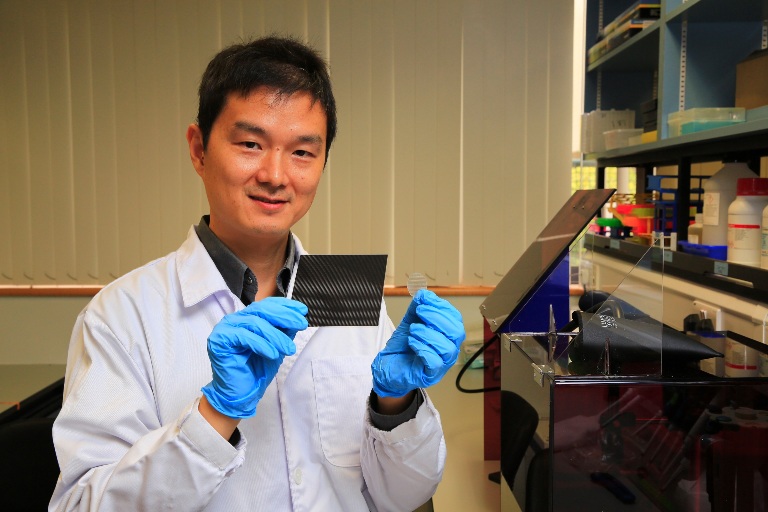You may soon be able to put your fears of sharp needles aside. Researchers from the National University of Singapore (NUS) have developed a means of delivering lidocaine (a common painkiller) in a pain-free manner. The microneedle patch created by the team of researchers also promises faster and more effective delivery of the medicine.
At present, painkillers are commonly administered through injections. Transdermal patches may also be used, albeit with limited efficiency depending on the permeation and absorption of the drug in an individual, which varies from person to person. With lidocaine-covered microneedles attached to an adhesive patch, there is now the option of delivering medicine via non-invasive methods. These patches can also vary in size according to dosage.

Current lab experiments show that the lidocaine can be delivered within 5 minutes with the microneedle patch. This is in contrast to the current commercial lidocaine patches, with which it takes about 45 minutes for the drug to be absorbed. With the patch produced by the NUS team, rapid penetration of the drug is made possible with the help of miniature needles that create micrometre-sized pores in the skin. These pores then act as a channel for a fast delivery of the drug into the human body. The almost invisible needles are approximately 600 micro-meters in length, minimising any possible pain.

The stinging sensation from an injection can be avoided with these patches. Not only do they cause less pain, they can be produced in various fun forms, such as birds and bears, somewhat reminiscent of the cartoon band aids available in the market. The NUS team also hopes to use these microneedle patches as topical anesthetic for babies getting vaccinated against certain diseases.
All in all, these microneedle patches can be highly attractive and helpful to both the young and young at heart.














